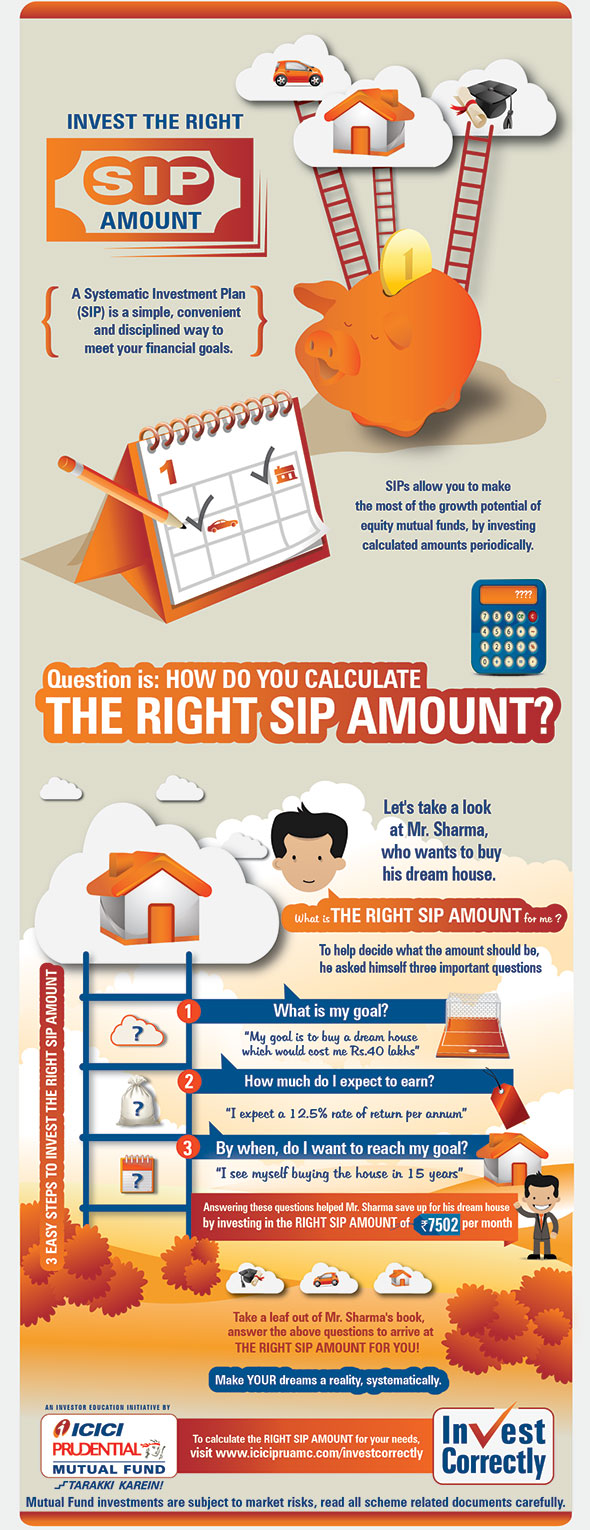Exactly How To Obtain The Guaranty Bonds?
Exactly How To Obtain The Guaranty Bonds?
Blog Article
Content written by-Hyldgaard Webb
A surety bond is a sort of insurance policy that secures the people that require it. They can be made use of for various points, such as company licenses as well as construction tasks.
When a specialist or firm needs to obtain a bond, they need to send a fast type application as well as information concerning the job and its demands. The experts at the surety firm will after that review the details to see if they believe the candidate deserves the bond.
Building and construction Bonds
Construction bonds are made use of when a task owner desires financial security throughout a building process. These bonds secure the task proprietor (additionally known as the obligee) from shedding cash if a professional does not complete the work in the manner in which it was agreed upon.
The primary types of construction bonds are proposal, efficiency and settlement. Bid bonds ensure the specialist will honor their original quote amount when they become part of the contract.
These bonds additionally make sure that vendors, subcontractors and laborers are paid for their services. If a professional falls short to pay these events, they can file a claim against their surety bond to recoup the money that is owed.
Service provider Bonds
Specialist Bonds are just one of one of the most crucial types of surety bonds. bonded business are utilized to secure clients, service providers, and also capitalists from losses on construction tasks.
Recommended Web page ensure that tasks are completed promptly as well as within budget, while lowering the threat of expensive hold-ups as well as price overruns. They also allow the task proprietor to recoup damages if they incur economic loss as a result of service provider errors or negligence.
A surety business supplies a surety bond to the obligee (the job owner). If the specialist stops working to do its obligations under the contract, the surety business will locate one more service provider to complete the work and make up the owner for the economic losses incurred.
Court Bonds
Court Bonds are used in a range of court proceedings to protect one party from possible loss as a result of the result of the proceeding. They can include allure bonds, lis pendens bonds, injunction bonds, expense sureties, manager bonds and also even more.
Both primary sorts of court bonds are judicial bonds and fiduciary bonds. Judicial bonds guarantee that someone will certainly pay the judgment amount that a court honors in a certain situation, while fiduciary bonds promise faithful and also honest performance of obligations by an individual designated to take care of or take care of an additional person's residential or commercial property or assets.
Court bonds are also called for to make certain that a constable or marshal will not confiscate or eliminate building from a defendant's residence without initial filing an accessory bond in lieu of a judgment. They likewise assure that a complainant will be made restitution in case of an accessory being filed against them.
Probate Bonds
Probate Bonds are used by administrators and administrators to make certain that estate properties will certainly be correctly dispersed and taken care of according to the legislation. They likewise secure recipients from any kind of economic loss they might have sustained due to the administrator's actions.
The personal representative of an estate is often needed to purchase a probate bond before being appointed by the court as the executor or administrator. This is a reputable expenditure that the fiduciary can compensate himself utilizing estate funds as quickly as the probate process is finished as well as the estate closed.
Bid Bond Efficiency Bonds
Bid Bonds are used on building tasks to secure task owners from losing money if a specialist falls short to satisfy the regards to their bid and also contract. These bonds are needed for government and also state projects, and numerous exclusive ones too.
They work in conjunction with efficiency and also repayment bonds and also help avoid liens that can affect a project proprietor. They are particularly usual on government-funded projects of $100,000 or more.
